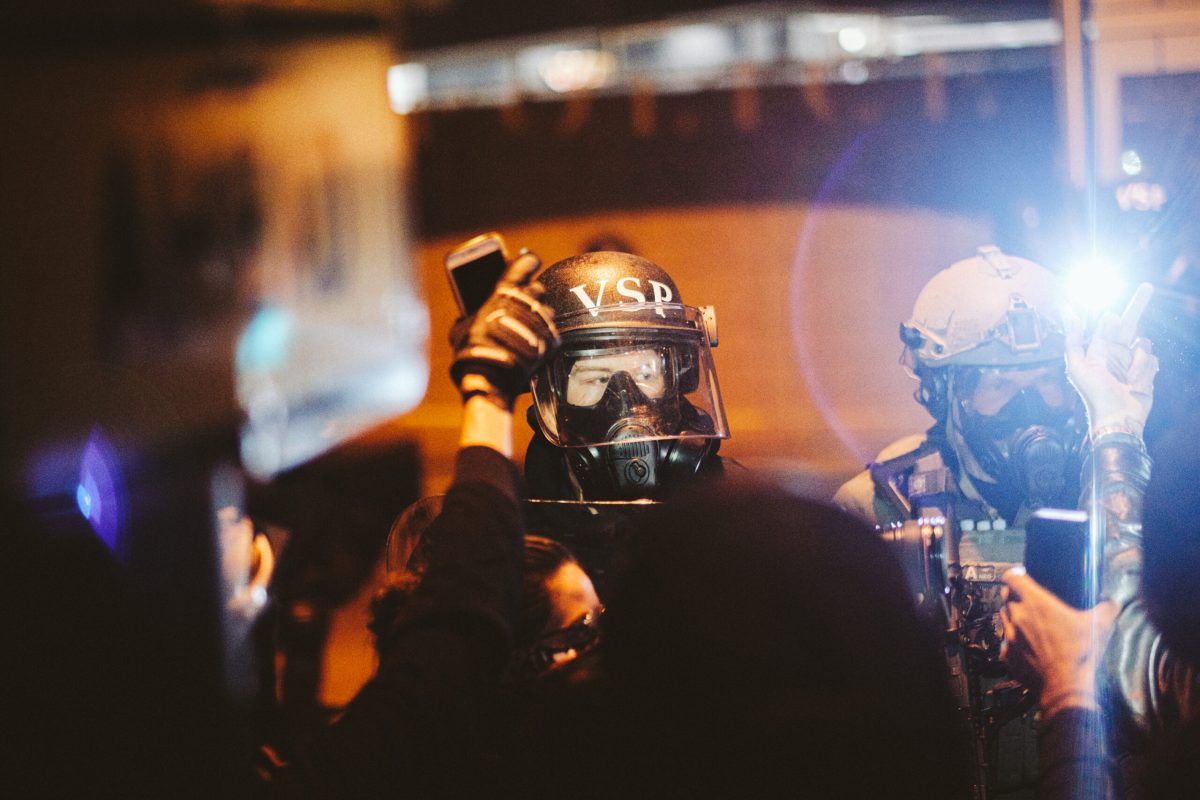The Supreme Court made a lot of big statements and moves today, not just in the cases they decided but in the cases they declined to hear. One such group of cases that the court passed on considering (court speak “denied certiorari” to) asked the Supreme Court to reconsider and examine the doctrine of qualified immunity.
The fact that the highest court in the land declined to hear cases that directly implicate the police brutality and accountability that is one everyone’s mind’s right now shows us just how tricky and damaging qualified immunity is.
First off, what is “qualified immunity?” The most important thing to understand about the doctrine is what it isn’t: It’s about civil cases, not criminal. It means that if a police officer or other law enforcement member is sued for violating someone’s constitutional rights under federal law (what is called a § 1983 suit), even if they are found to have violated someone’s rights, if the way in which they violated those civil rights has never been ruled on before, they are immune from liability.
This means, horrifyingly that if someone kills a black woman in violation of her rights but they did it by shooting her in a home, and it’s only been ruled previously that such a violation is wrong when people are shot in their cars, the officer and government don’t have to pay up. Yes! Very bad!
Qualified Immunity is an incredibly frustrating doctrine, and it’s one that’s was created by courts and continues to be upheld by the Supreme Court. It’s layered and it’s complex, in part because the statute on which many of these suits are based (USC 42 § 1983) was passed in 1871. Yes, much of the foundational civil rights law in America is based on a very old statute that honestly was never meant to bear this weight.
This is, to put it mildly, ridiculous. People weren’t even really able to use the law to sue police or a state until 1961 (for various boring legal reasons about who and when people can sue governments). But it’s absurd that the main vehicle for relief for violation of constitutional and civil rights is still a law that’s nearly 150 years old. And one where court doctrine has made it harder and harder to get relief.
That’s why “abolish qualified immunity” has become one of may rallying cries in the movement for police reform. And Democrats in Congress are, to their credit, trying to do that. Their latest proposed police reform bill does indeed change qualified immunity but Republicans have already said that such a proposal is not acceptable.
Trump, through his press secretary, has singled out the changes to qualified immunity in the proposed bill as “a nonstarter.” South Carolina Senator Tim Scott (the only Black Senator in the GOP at this time) said on Sunday that ending qualified immunity was a “poison pill,” that would stop any Democrat-backed bill in its tracks.
All this opposition to reform of qualified immunity is just more proof that it absolutely must change. And the fact that the Supreme Court has declined to ride to the rescue is another sign that it is long past time for Congress to act on this and fix it. But of course, that relies on Congress actually doing something right now. It’s highly unlikely that Senate leaders would allow a reform bill to come to a vote, or that Trump would not veto it in any case.
Qualified Immunity is a very damaging and depressing doctrine that keeps victims of police brutality from getting justice outside of the criminal system. It is incredibly hard to convict cops of anything, which should change, but it also shouldn’t be so incredibly hard to hold them liable in civil court.
Until we abolish or change qualified immunity, there will be no justice therein for victims of police.
(via: NPR, image: Photo by Eze Amos/Getty Images)
Want more stories like this? Become a subscriber and support the site!
—The Mary Sue has a strict comment policy that forbids, but is not limited to, personal insults toward anyone, hate speech, and trolling.—










Published: Jun 15, 2020 03:52 pm